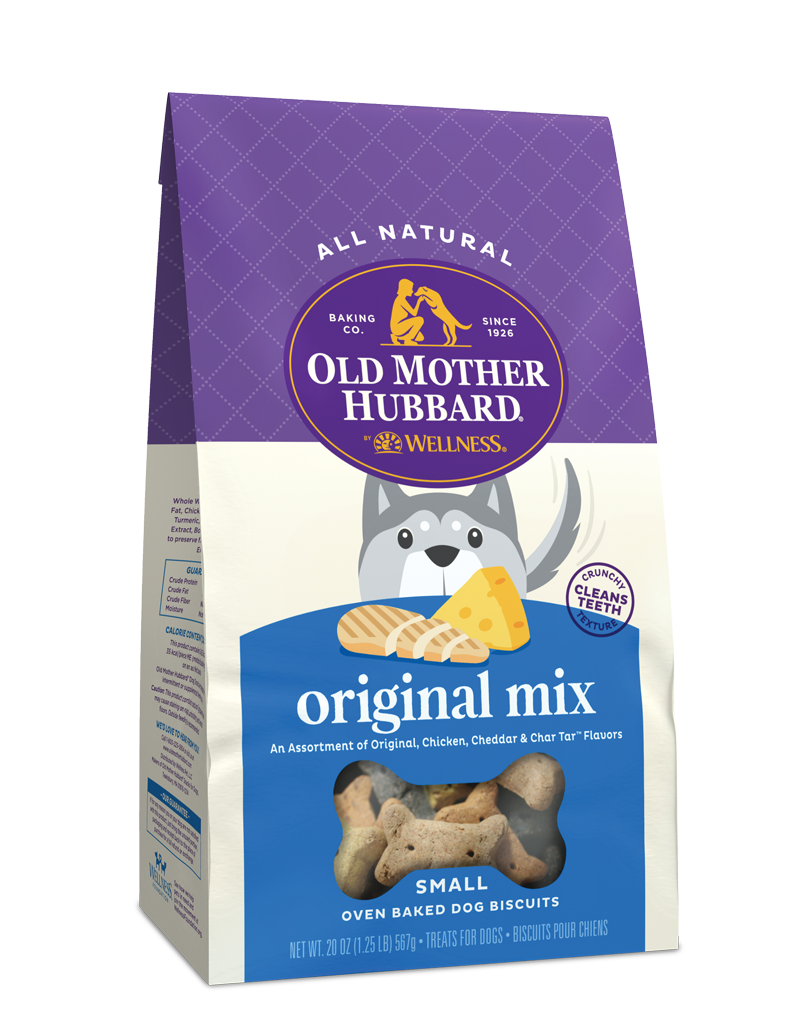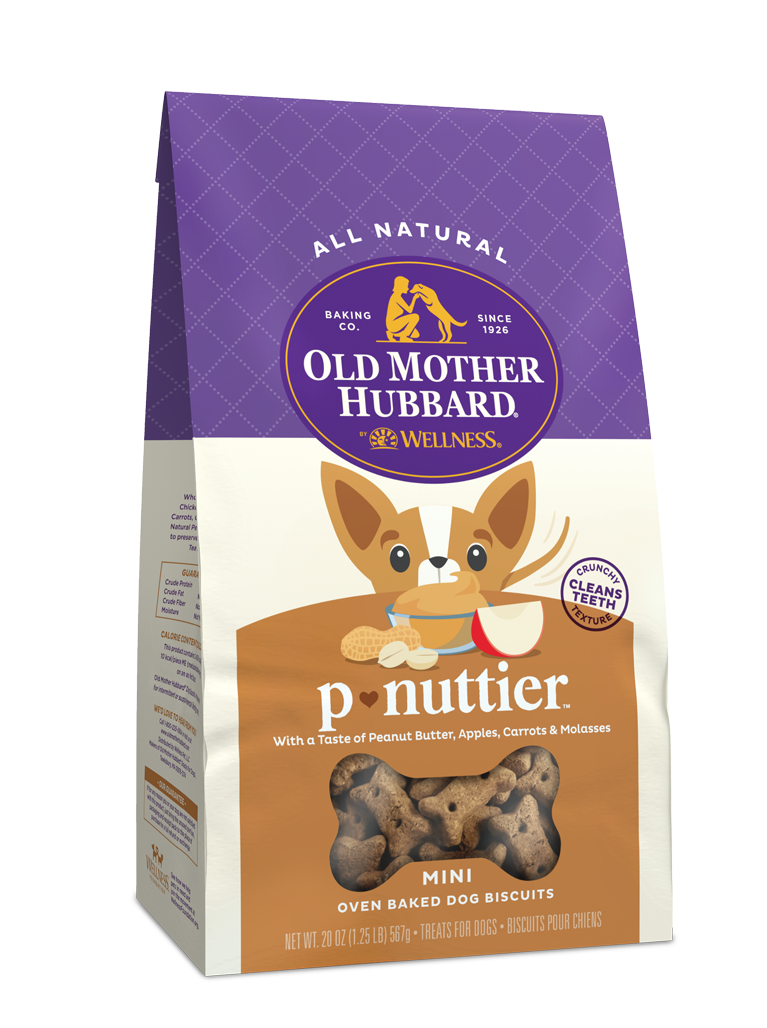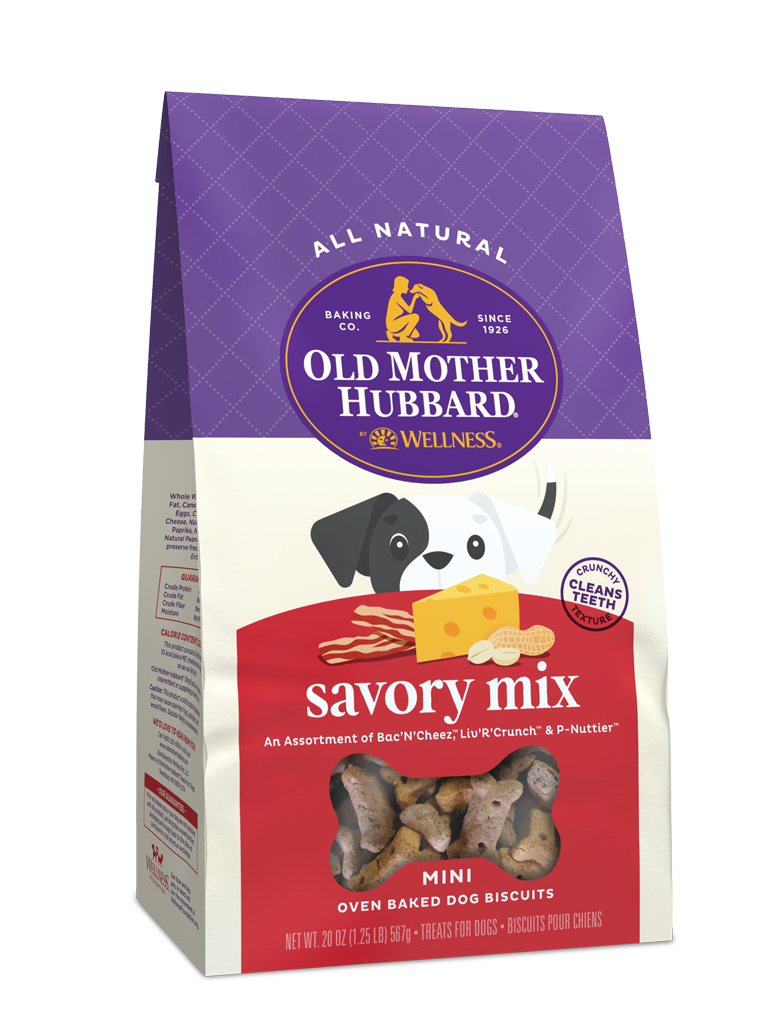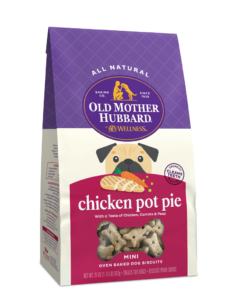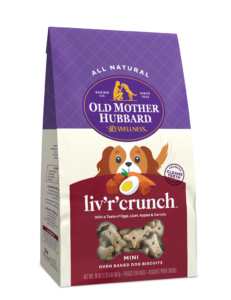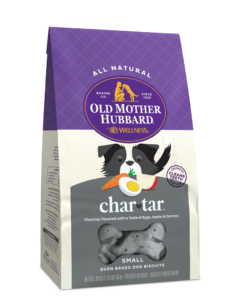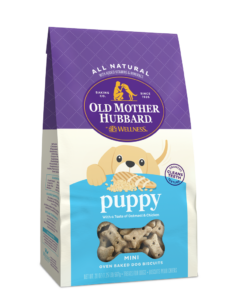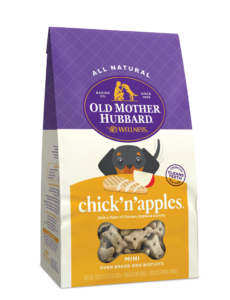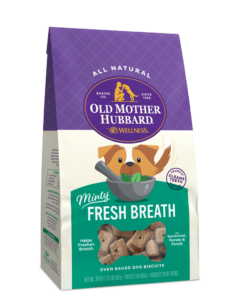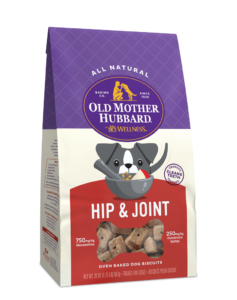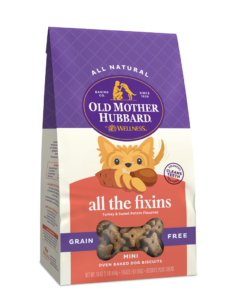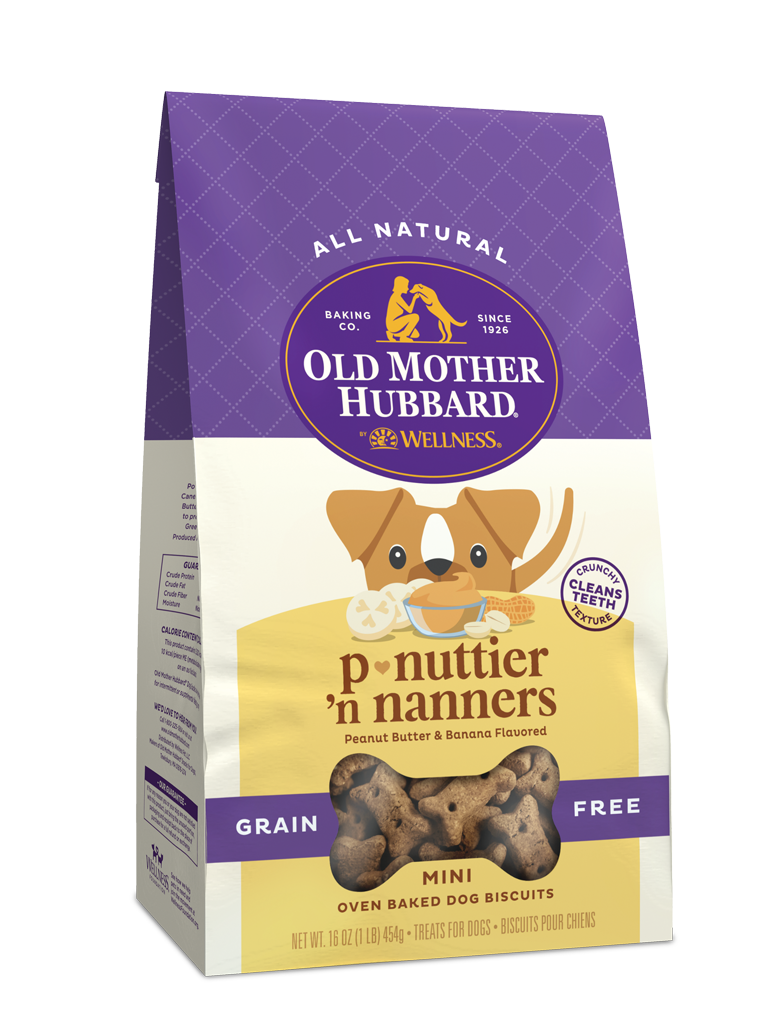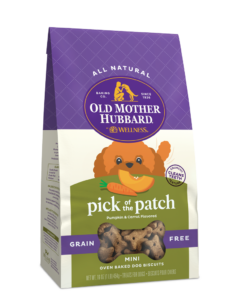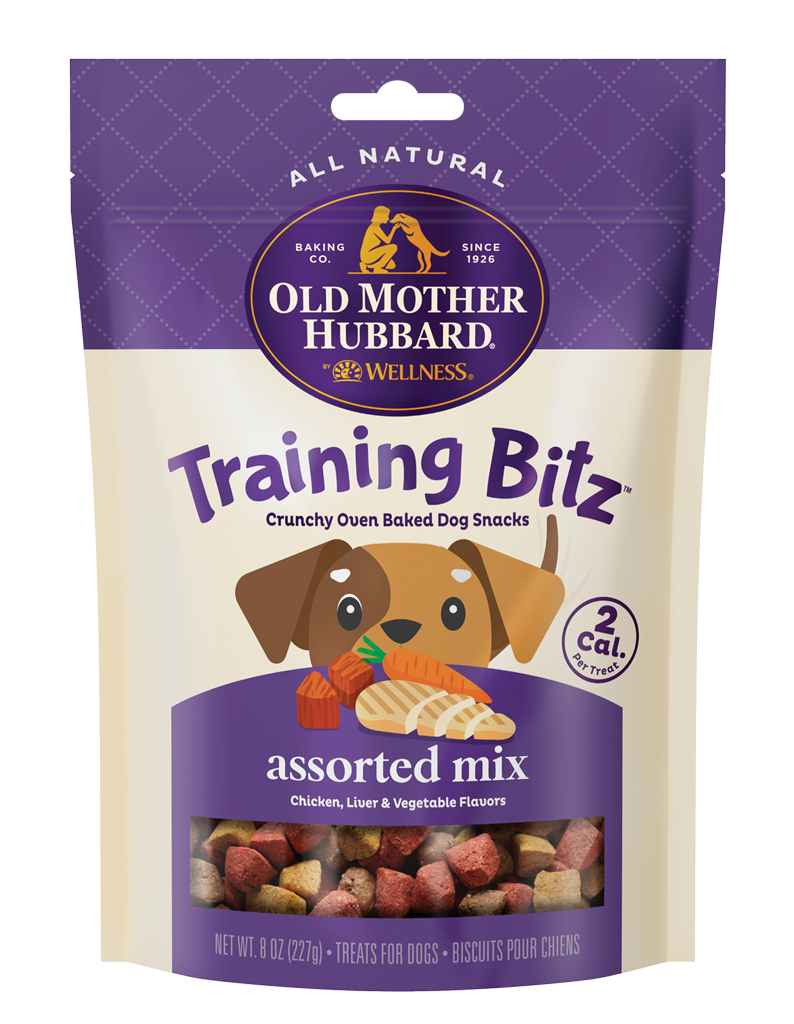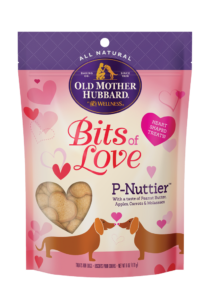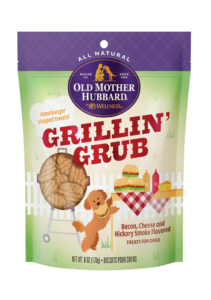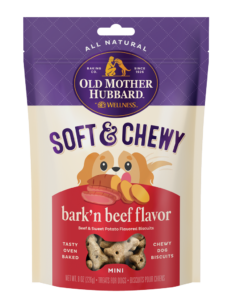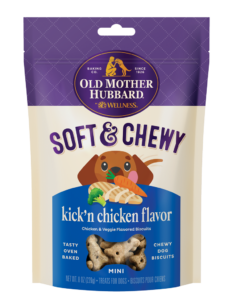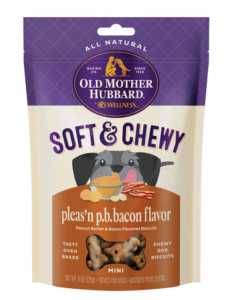Much like us humans, our pets can easily become dehydrated especially in summer’s warmer months or sudden heatwaves. Described as the process of excessive water loss from the body, dehydration can range from a mild case to that of a severe matter of life and death.
Monitoring our pets and giving them extra support during warmer days becomes critical to keeping them save. So, what should you look for, what steps are recommended to keep them healthy, and, if your dog is suffering dehydration, how can you help treat them? Let’s take a closer look:

WHAT ARE THE SYMPTOMS OF DEHYDRATION TO WATCH FOR?
So, how can you prevent this? Firstly, it is important to know that 60% of a dog’s body weight is made up entirely of water so monitoring their hydration status, especially during the warm and humid months, is crucial to keeping them healthy. What may surprise many pet parents, however, is that mild dehydration of 5% or less is often undetectable. Once above 5%, the visible symptoms of dehydration can include the following:
External symptoms of dehydration include:
- Lethargy
- Weakness
- Dry mouth, nose, or gums
- Sunken eyes
- Loss of skin elasticity
- Collapse
- Increased heart rate
- Weak pulse
- Panting
Behavioral symptoms include:
- Appetite loss
- Depression
If you think your dog may be suffering from dehydration, you can also check with an easy at home test called ‘skin tenting’. Simply lift the skin on the neck near the head, and if the skin stays up like a tent for a little while when you let go, this means your pet is dehydrated. If you notice several of the signs of advanced dehydration listed above, you should immediately contact your veterinarian as your pet may be too dehydrated to be treated at home and require advanced medical support.
WHAT CAUSES DEHYDRATION?
While many pet parents may think of hot summer days as being the top cause of dehydration, other conditions such as acute digestive upsets, which results in vomiting or diarrhea, can often accelerate their water loss and be one of the top reasons why dogs become dehydrated. Other causes include:
- Not drinking enough during the day
- Extreme weather with heat and humidity
- Lack of shade and shelter
- Excessive bleeding
- Any condition that causes a dog to urinate more often
WHAT CAN YOU DO IF YOU THINK YOUR DOG IS SUFFERING FROM DEHYDRATION?
If you suspect your pet may be suffering dehydration, there are many ways you can help to hydrate them at home, but if you’re unsure about the level of dehydration and start to notice your pet is becoming increasingly ill, please do not hesitate to contact your local veterinarian.
At home tips:
- Encourage drinking and hydration. For most dogs, water does the trick but if they are not a big drinker, you can encourage their hydration boost by using water that has been cooled from boiling a chicken breast or on a hot summer day use ice blocks with treats on the inside or even just feed some additional wet food. With up to 80% moisture, adding wet food to your pet’s mealtimes delivers not just a tasty meal but also a great hydration boost.
- Help cool your dog down. Moving them to a quiet, shaded or airconditioned area can help lower their core body temperature and help them relax.
- If your dog is showing several of the above signs and symptoms, they are more likely to be suffering from severe dehydration. In these instances, it is vital they are hydrated at a slow pace, as their body may overcompensate, so take them to your local veterinarian immediately.
PROACTIVE HYDRATION SUPPORT:
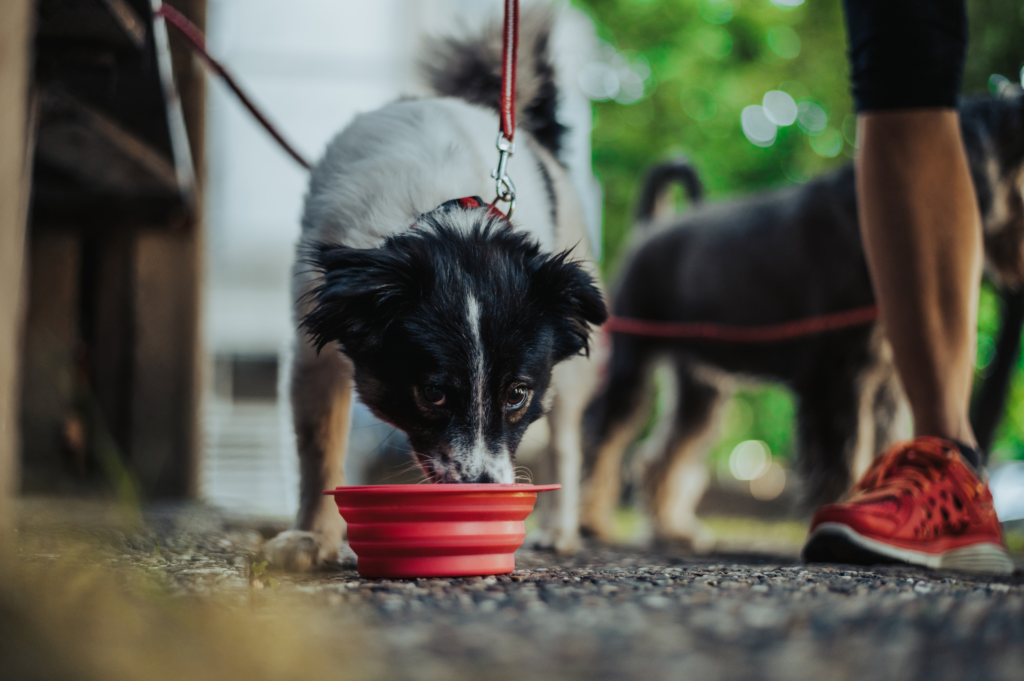
During the warmer months or in extreme heat waves, a proactive approach to your pet’s overall hydration can help minimize your pet suffering even mild dehydration:
- More water, more often: Adding extra water bowls around the house or even some regular ice cubes to their bowls can help encourage drinking as well as extra cooling relief.
- Increase wet food offerings: Wet recipes deliver a natural hydration boost with up to 80% of each meal being water as well as a tasty meal.
- Make sure you take extra water when out and about: While it may not always seem like your dog needs water, especially if just out for an easy walk, it is important to ensure your dog has every opportunity to drink. Carrying a collapsible water bowl and water bottle while you are out is important for helping to keep them hydrated.
- Healthy treats: We all love to give our pets treats and great hydration options include watermelon, apples, or even cucumber. These will be a tasty and healthy snack but also one that adds more moisture.
